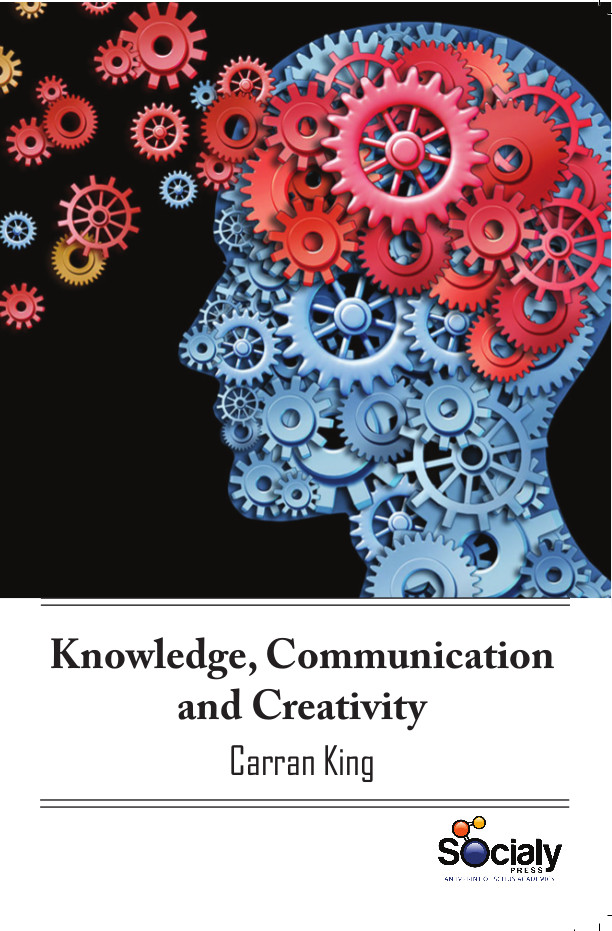Computer technology is becoming more efficient, productive, and cheaper. Advances in technology are producing more powerful computing devices to create a dynamic virtual network that allows people all over the world to communicate and share information with each other. Information and communication technologies (ICTs) are electronic tools used to convey, manipulate and store information. The exponential growth of Internet access and ICTs greatly influenced social, political, and economic processes worldwide. However, the implementation of ICTs is occurring in a context where the cultural and institutional barriers are not well addressed. Knowledge, communication, and creativity are passions of contemporary modern societies. Conversely, little attention has been paid to the sociological relationships among these elements, let alone their impacts as processes driving social change. With the growth of the Internet, a wide range of ICTs have transformed social relationships, education, and the dissemination of information. It is argued that online relationships can have properties of intimacy, richness, and liberation that rival or exceed offline relationships, as online relationships tend to be based more on mutual interest rather than physical proximity. Despite this interest in technology, the attention that the field of social work has given to ICTs in research, education, and practice does not match the efforts of other national and international organizations that view ICTs as critical to improving the lives of disadvantaged and disenfranchised persons, and necessary for all forms of civil engagement.
Knowledge, Communication and Creativity provides dominant explorations into the creative developments that are connected to knowledge production, impact of a general increase in knowledge on individuals, lifestyles, institutions and technologies It also highlights how new communication and information technologies are transforming social relationships, communities and the international public sphere. This book will be of valuable for all those interested in understanding the Knowledge Society and how its new technologies of communication are transforming contemporary society.













